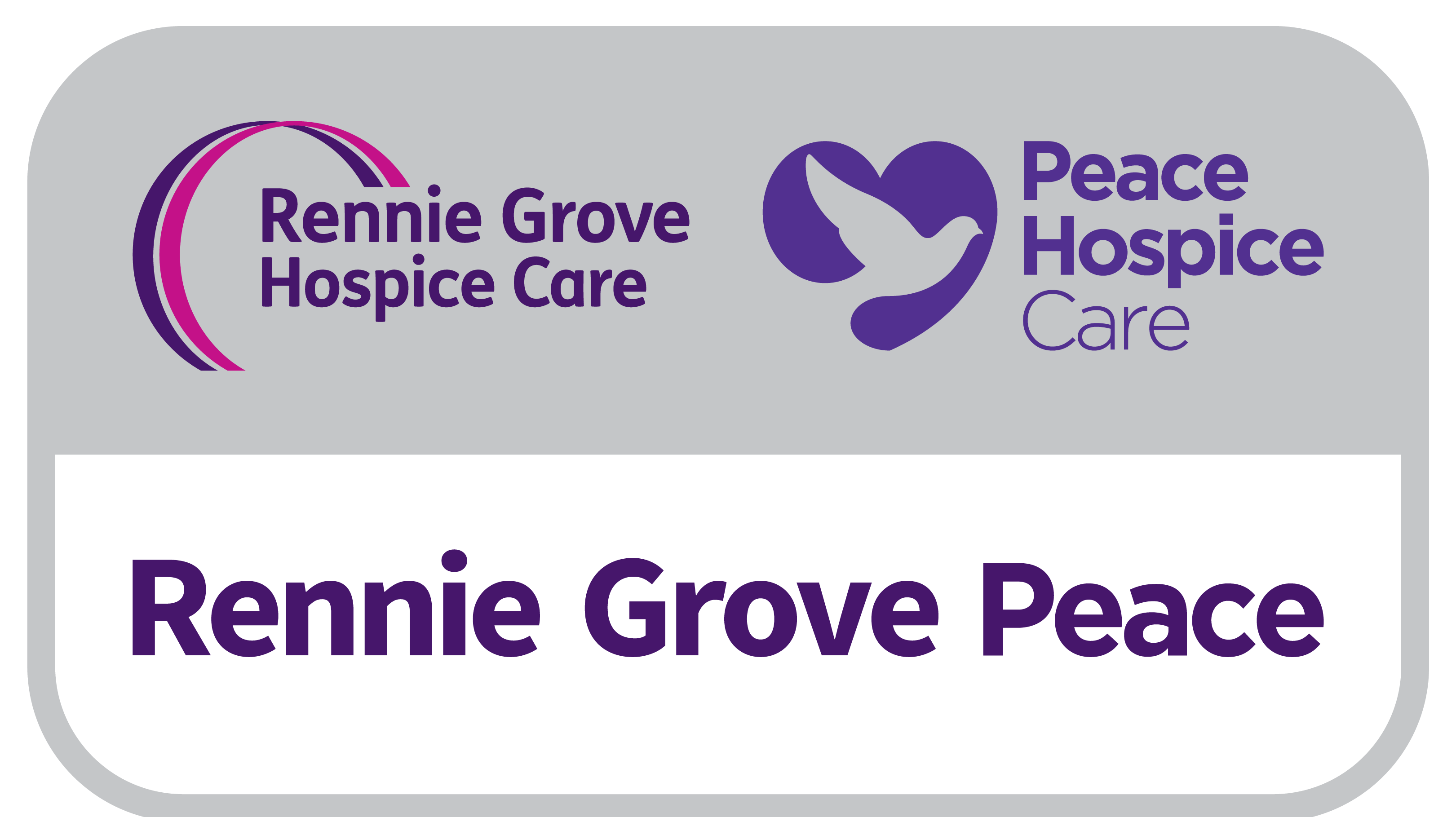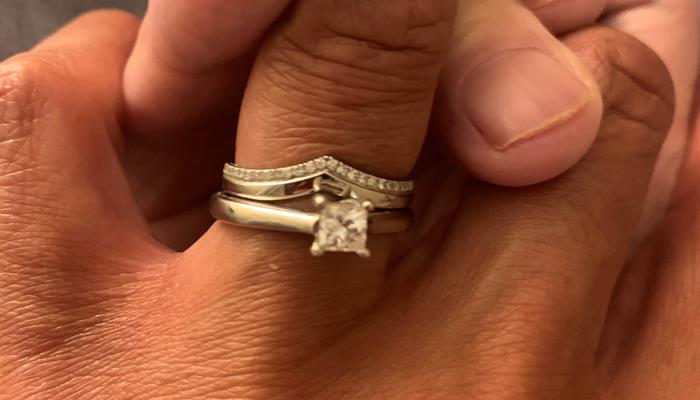Roy & Carmen and their family
Roy and Carmen were together, on and off, for 45 years. Engaged three times over those four decades, they finally tied the knot the day before Roy died peacefully at home, having been diagnosed with tonsillar cancer in November 2019.
Carmen, a nurse herself, explains how the Rennie Grove nurses helped:
“Roy wasn’t good with pain control. He thought he ought to be in pain before he could take his next dose. But with palliative care, the idea is to keep the patient as pain-free as possible at all times.
“The Rennie Grove nurses were brilliant at this. Professionally, the care they provided was mind blowing. And on a personal level, I was constantly moved by their attention to detail and their supportiveness about every aspect of Roy’s comfort and my own peace of mind as his partner.
“They said it simply wasn’t acceptable for him to be in pain. And so they kept tweaking his medication to make sure he was as comfortable and pain-free as possible.”
"Roy was able to remain at home pain free and with dignity because of the care provided by the Rennie Grove nurses. We were able to get married at home too, which was all that Roy wished for, supported by dear friends and the team from Rennie Grove. I will be forever grateful for all that they did for us.”
This was a far cry from the hospital wards that Roy was admitted to on two consecutive weekends during lockdown. “Pain management is seen very differently in acute care settings,” says Carmen, “and in hospital his pain wasn’t managed properly. I contacted the Rennie Grove nurses, who worked with the hospital care teams to make sure the palliative, pain relief side of Roy’s care was addressed alongside his other medical needs.”
Roy hated his stays in hospital and was adamant he didn’t want to die there. For Carmen, one of her biggest fears about Roy being in hospital was that he could catch Covid. “At least at home I could try my hardest to keep him safe,” she says.
“I remember Roy and I talked about him going into a hospice as an alternative to hospital, when the time came. Because I had no idea that the hospice care we could get at home would be so good. I didn’t know such a brilliant community service existed. The Rennie Grove nurses constantly went above and beyond, and their connection with the pharmacy meant Roy’s prescriptions were always ready for collection.
“And even though they were so professional, their visits never felt formal. It was like having a chat with a friend. And they always followed up by phone to see how Roy was doing if they’d made changes to his medication. I could see that Roy trusted them completely, which was so important to me. He wasn’t good at going to the doctors or taking medication – but he was very comfortable with the Rennie Grove nurses. I remember all his meds were piled up in front of him in his one-bed flat because he wanted to make sure he didn’t miss anything. I’d suggested we have a sort out so we could make more space. He ignored me, but as soon as the Rennie Grove nurses seconded my suggestion, he went along with it! He had real faith and trust in them.”
“They said it simply wasn’t acceptable for him to be in pain. And so they kept tweaking his medication to make sure he was as comfortable and pain-free as possible.”

